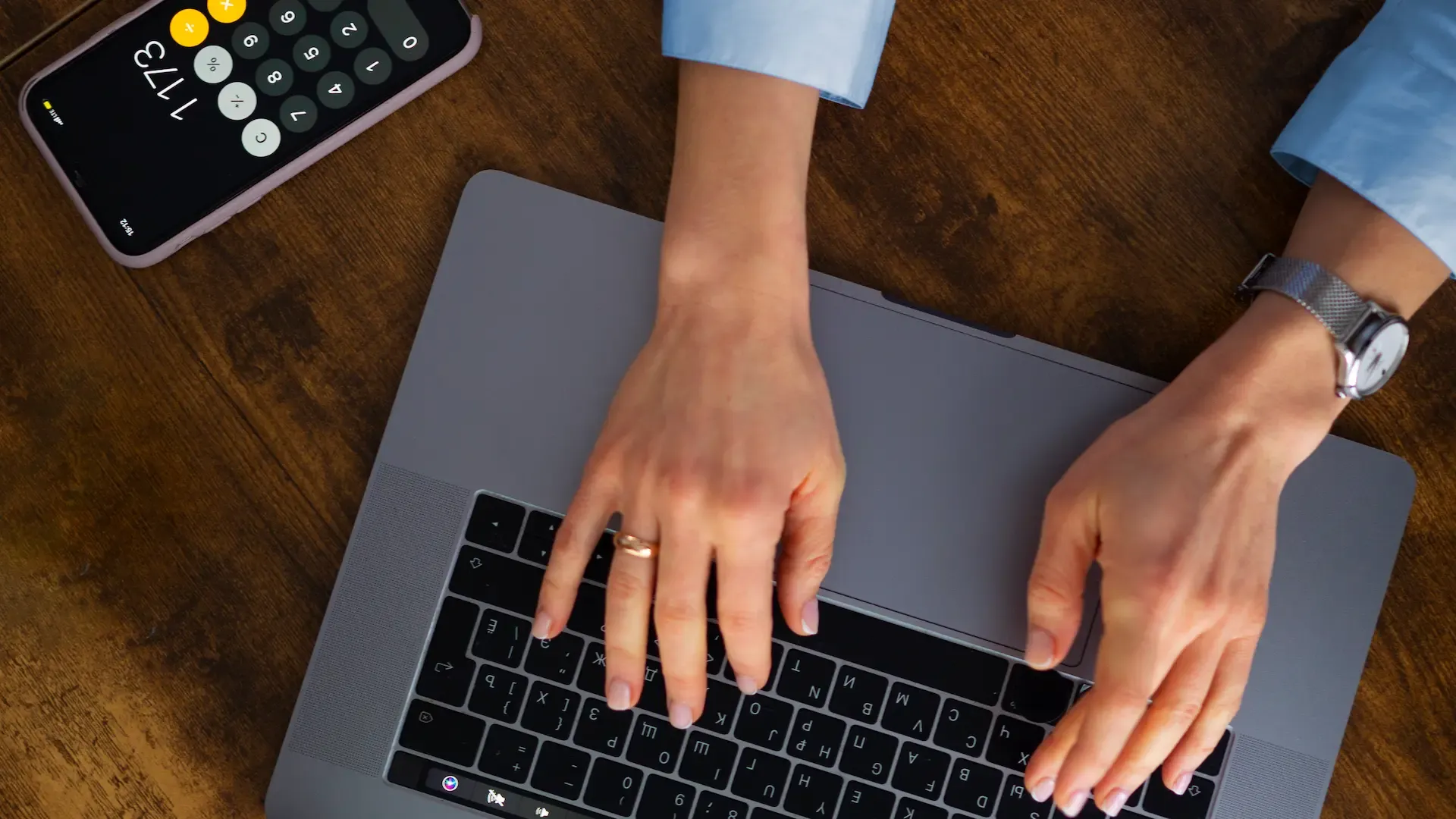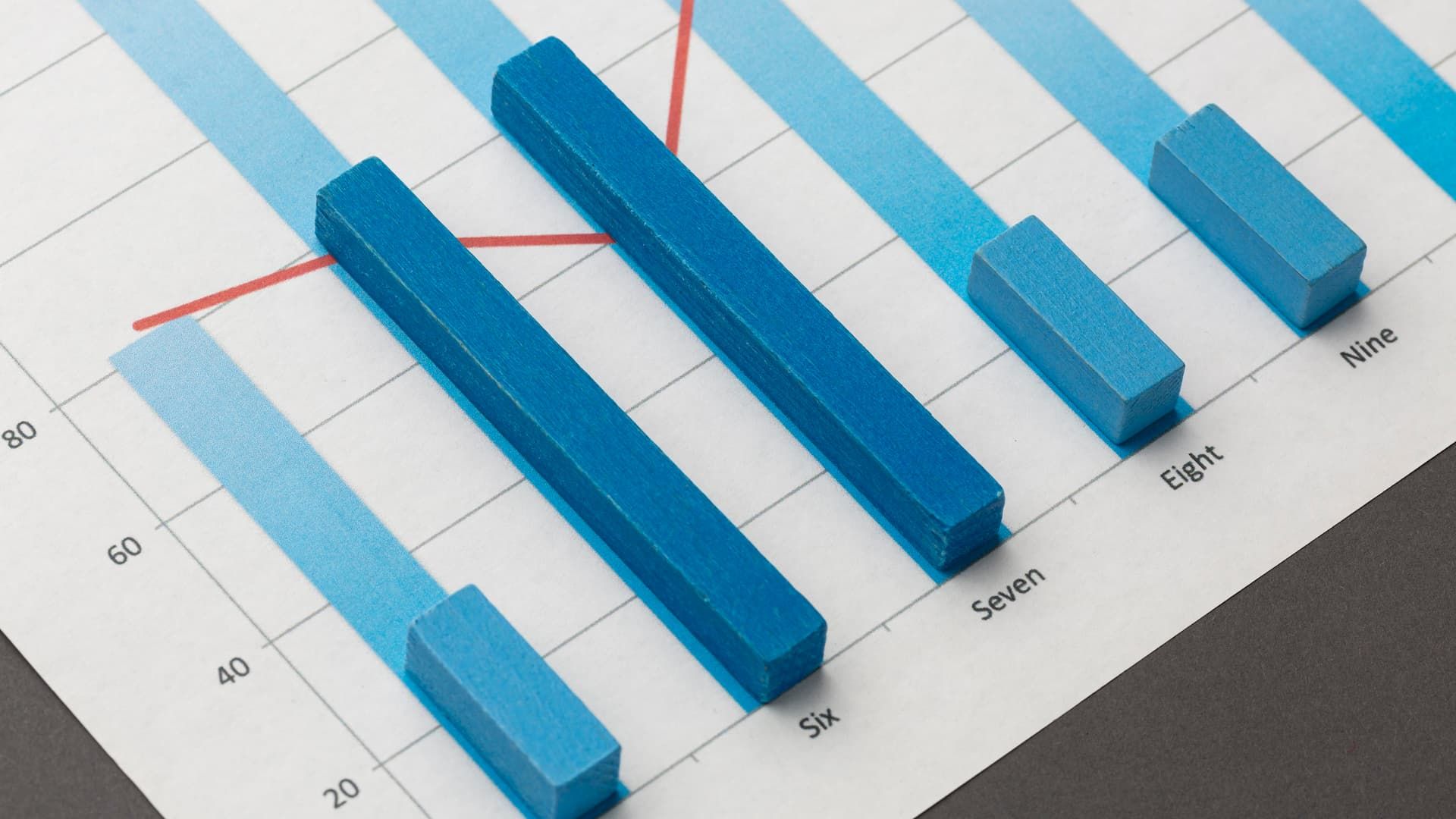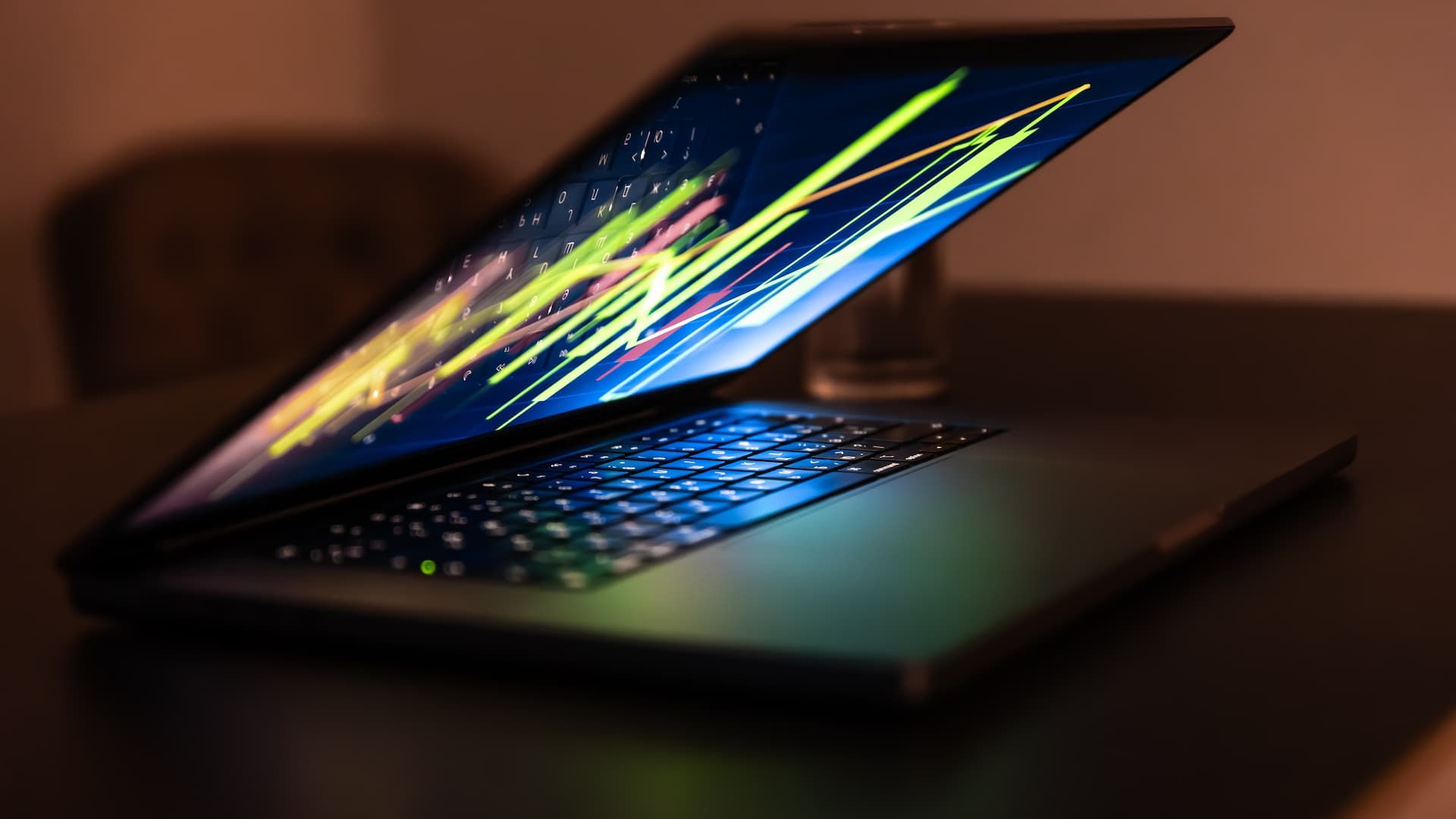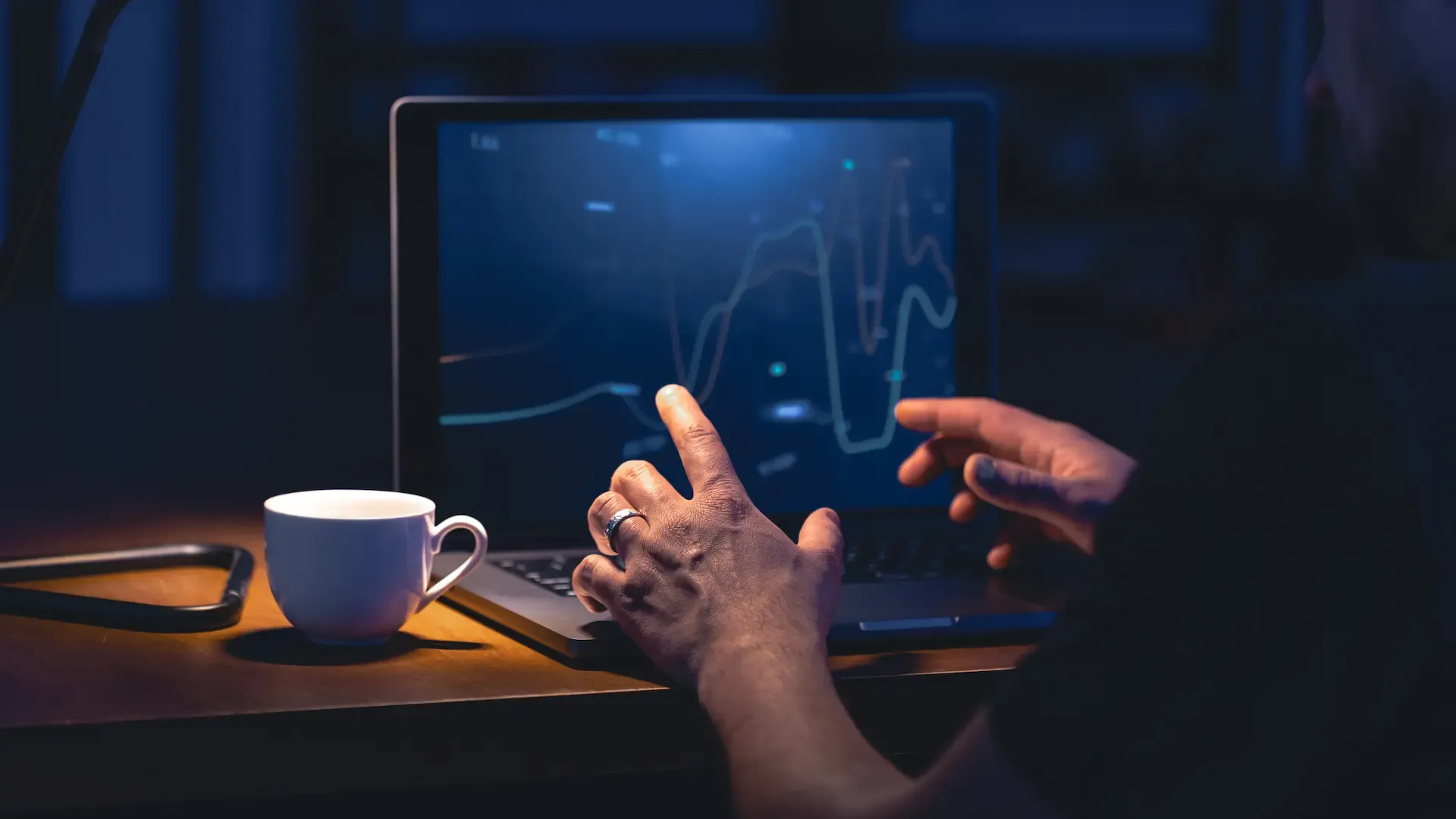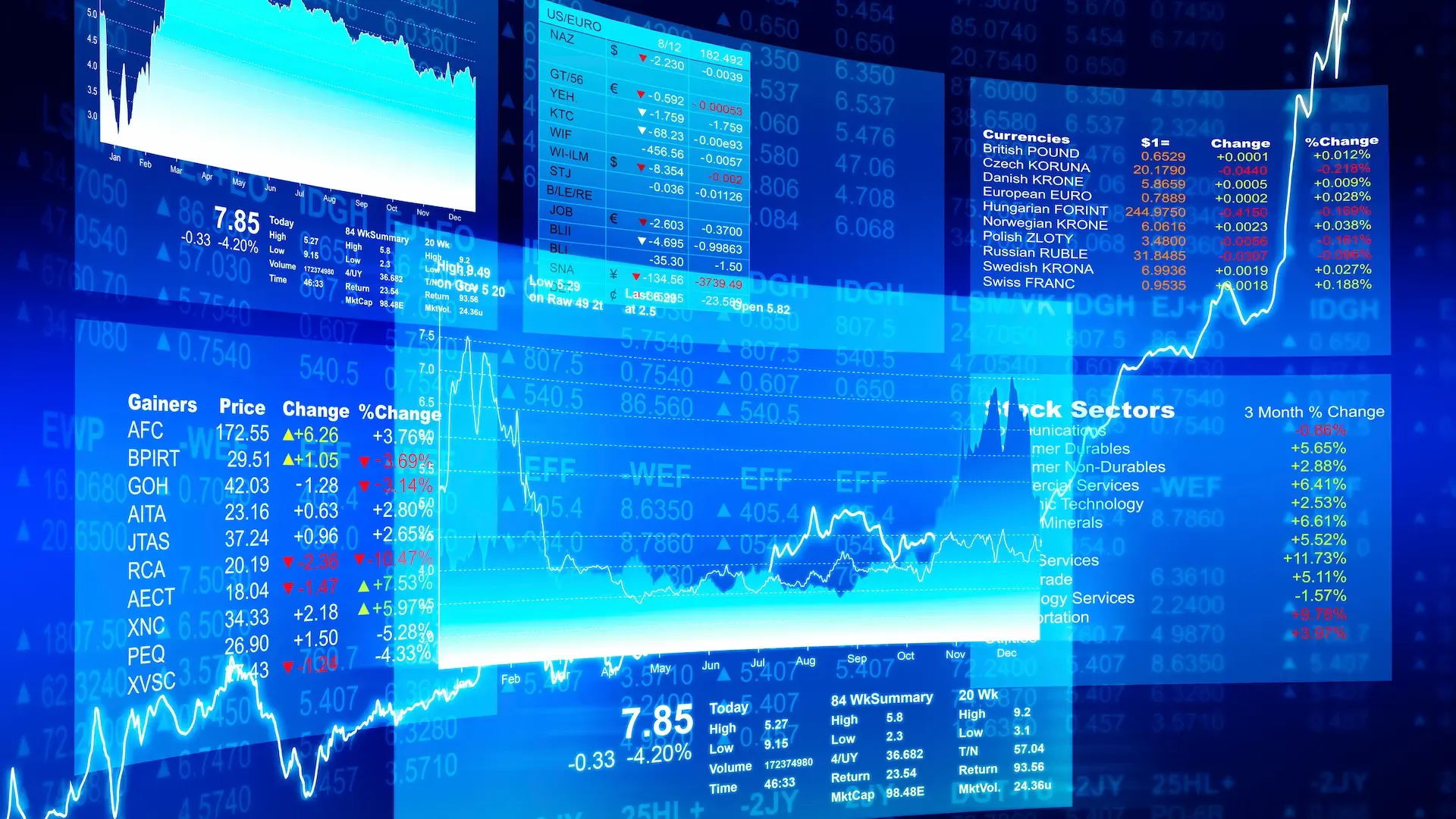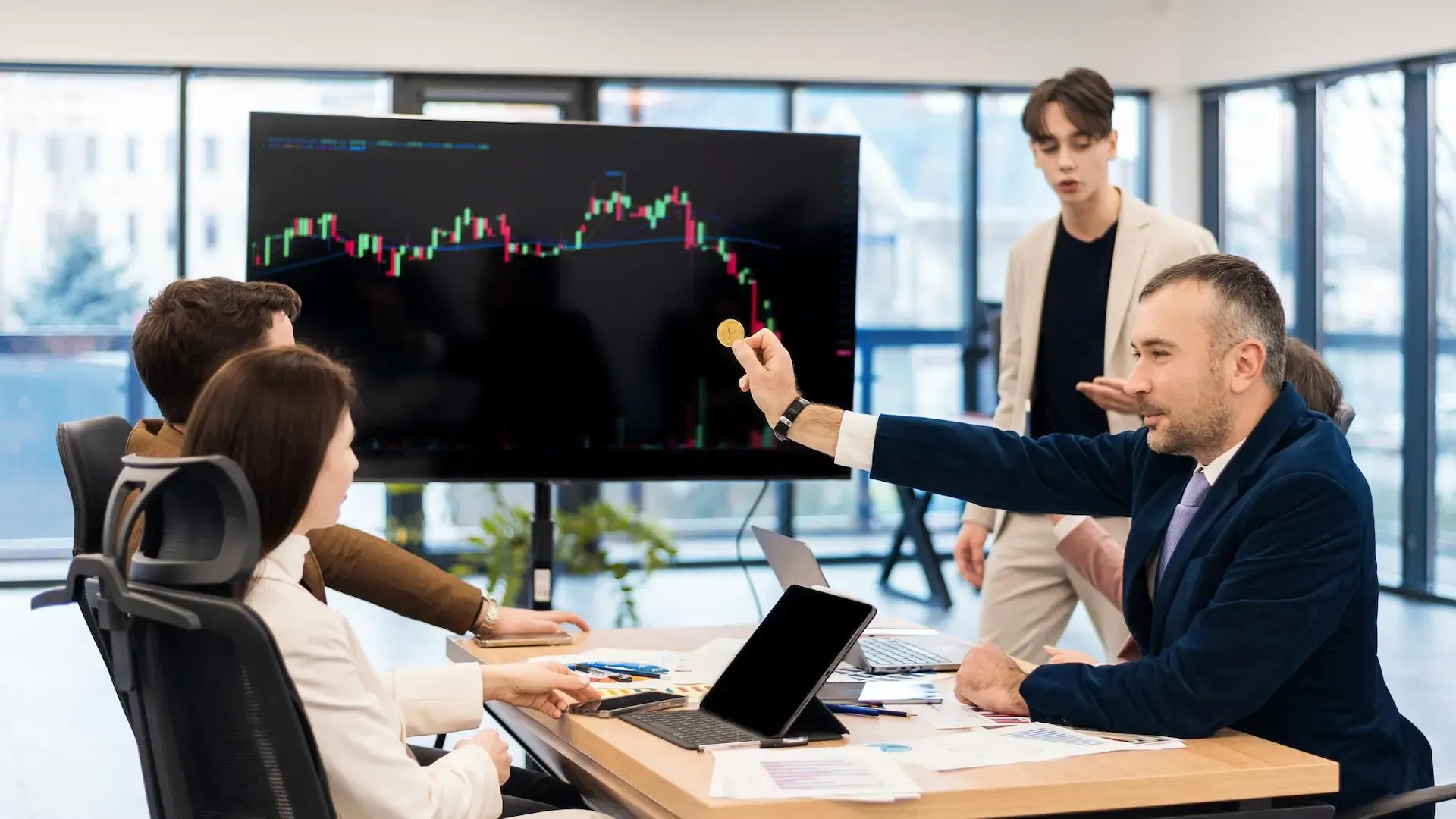Trading the financial markets can feel overwhelming when you are just starting out. Prices move fast, strategies seem complex, and the fear of losing money makes many beginners hesitant to take their first step. This is exactly where a trading demo or paper trading account can help. These tools allow you to practice in real market conditions without putting any of your own capital at risk.
Think of a demo account as your training ground; a safe space where you can learn, test strategies, and build confidence. It’s an opportunity to make mistakes, understand market mechanics, and refine your approach before committing to a live trading account. In this guide, we’ll explain why demo accounts matter, how they work, and how to get the most value from them before stepping into real-money trading.
The importance of demo accounts
What is a demo trading account?
A demo trading account is a simulated version of a live trading account offered by brokers. It lets traders practice with virtual funds while experiencing the same price movements and market conditions that occur in real trading. Essentially, it acts as a trading simulator where you can sharpen your trading skills without risking actual money.
Differences between demo accounts and live trading accounts
The biggest difference is the use of virtual money instead of real funds. Execution speed, spreads, and order types are generally the same, but demo accounts remove the emotional pressure because no actual money is at risk.
Why beginners should start with a practice account
For beginners, a demo account is the ideal way to explore trading platforms, learn order types, and practice strategies before moving to live markets. With 24markets.com, for example, you can open a free trading simulator to practice forex, CFDs, and commodities in realistic conditions, gradually building trading skills and confidence before committing real funds.
Types of demo accounts
Free demo account vs premium demo account
Most brokers, including 24markets.com, offer free demo accounts for beginners. Some platforms provide premium versions with extended tools, market data, and longer trial periods, giving a more advanced trading simulator experience before moving to a live trading account.
Practice accounts for stocks, forex, and global markets
Different demo accounts, or paper trading accounts, specialize in different asset classes. You can choose one tailored for forex pairs, stock CFDs, indices, or commodities depending on what you want to learn, helping you gain hands-on experience without risking real funds.
Advantages of simulating real trading conditions
Simulated accounts provide access to live market data, realistic order execution, and the same trading tools as a live trading account. Using a trading simulator allows you to practice strategies, manage positions, and refine your skills, making the transition to actual trading smoother and less stressful.
How to open a demo account
Step-by-step guide to open a demo account
1. Choose a broker like 24markets.com. 2. Fill in basic registration details. 3. Download the trading platform or use the web version. 4. Log in with your demo credentials. 5. Start practicing with virtual funds in a simulated market environment, allowing you to experience real market conditions without risking actual money.
Setting up your first trading account
Once you log in, customize your trading dashboard, set up charts, and explore different order types. Use this opportunity to test trading strategies and become familiar with the platform’s features, ensuring you’re prepared for online trading with real funds later.
Choosing the right demo platform for global markets
Select a broker that provides access to multiple markets: forex, stocks, indices, and commodities. With 24markets.com, you can practice across asset classes in one place, gaining confidence in your trading strategies within a realistic simulated market environment.
Features of a demo trading account
Virtual funds and simulated market data
Demo accounts provide virtual balances, usually ranging from $10,000 to $100,000. This practice account setup allows you to place trades, track performance, and learn how capital changes with wins and losses, all within a simulated market environment. It’s an ideal way to gain experience before you start trading with real funds.
Access to trading tools and charts
You can use technical indicators, drawing tools, and watchlists to analyze markets just like in a live account. Practicing with these tools in a demo environment builds confidence for when you eventually start trading with real money.
Risk-free environment for learning technical and fundamental analysis
A demo account lets you test technical strategies using indicators or perform fundamental analysis based on economic news without risking capital. This practice account offers a safe space to refine strategies and develop skills before moving to live markets.
Benefits of using a demo account
Practice trading without financial risk
A demo account lets you experiment in a simulated market environment, where you can make mistakes, test risky ideas, and learn from them without any real financial consequences. This helps build valuable trading experience before moving to a live account.
Learning to start trading in global markets
Demo accounts offer exposure to forex, commodities, stocks, CFDs, and even crypto trading. Beginners can explore different asset classes to discover which markets align with their interests and risk tolerance.
Testing strategies before using a live account
If you want to see whether a new approach works, try it on a demo account first. Platforms like 24markets.com allow you to refine your trading strategies in a safe, simulated market environment before committing real money.
Transitioning from demo to live account
Once you feel confident with your trading experience in the demo account, you can move to a live trading account, applying the lessons learned without the pressure of virtual funds.
Transitioning from demo to live account
When to switch from a demo trading account to a live account
Switch when you’ve proven consistent performance in your demo account and feel confident in managing trades.
Managing emotions in live trading versus practice trading
One of the key differences between a demo account and a live account is the emotional impact. In a demo, losses carry zero risk, so it’s easier to focus on learning. In a live account, fear and greed can strongly influence decision-making. Developing the ability to manage these emotions is crucial for long-term success.
Adjusting strategy based on real market conditions
When moving from a demo to a live account, you may notice that spreads widen, slippage occurs, and psychological pressure increases. Adjust your trading strategies accordingly. Whether you are into options trading or other markets, practicing in a demo account first helps you prepare for these real-world challenges.
Best practices for demo accounts
Treat a free demo account like a real trading account
Trade with the same discipline you would with real money. This builds good habits and helps you evaluate your past performance more accurately.
Record trades and review performance
Keep a trading journal to track entries, exits, and the reasons for each trade. Reviewing past performance allows you to see patterns and refine strategies before you start investing with real capital.
Avoid common mistakes while practicing trading
Don’t overtrade just because the money is virtual. Use this opportunity to practice risk management, which helps you make better decisions with less risk when you move to a live trading account.
Common misconceptions about demo accounts
Demo trading doesn’t guarantee live trading success
Performance in a demo account doesn’t always carry over to a live trading account due to emotional and psychological differences. Treat your demo experience as a test drive to understand the mechanics of trading before committing real funds.
Market conditions may differ in a demo environment
Liquidity issues and slippage may not be as apparent in a demo as in real markets. While you can open a demo account to practice, keep in mind that the real market can behave differently.
Understanding the limitations of simulated trading
Demo accounts are excellent learning tools, allowing you to experiment and learn with less risk, but they can’t fully replicate the stress and decision-making pressures of risking actual money.
Demo accounts for different asset classes
Stocks and ETFs
Practice buying and selling shares or ETFs to learn how stock markets work. Opening a demo account allows you to explore these instruments with less risk, though remember that past performance in a demo does not guarantee future results in a live account.
Forex and commodities
Forex demo accounts let you trade currency pairs, while commodity demos help you practice with gold, oil, or agricultural products. Using a demo account gives you a safe environment to learn price movements and trading mechanics with less risk.
CFDs and leveraged products
CFD demo accounts let you practice leveraged trading, testing how margin and leverage affect risk and reward. A demo account is a useful tool to experiment without risking real money, but it cannot fully predict future results.
Choosing the right demo account provider
Security and reliability of trading platforms
Always pick a regulated broker that offers a secure platform with reliable features to protect your account and data.
Access to global markets and tools
A good provider gives access to multiple asset classes, technical indicators, and charting tools, helping you build knowledge and confidence before investing real money.
Customer support and educational resources
24markets.com not only offers demo accounts but also education and customer support to help traders gradually improve their knowledge and understand platform features for smarter investing decisions.
Maximizing the value of a demo account
Key takeaways for beginners and experienced traders
Both beginners and advanced traders benefit from demo accounts. Beginners learn the basics of the subject, while advanced traders test new strategies relevant to their industry. Practicing in a demo account also provides a foundation for investing wisely in live markets.
How demo accounts improve trading confidence
By practicing consistently, traders gain confidence in their ability to analyze market conditions and act decisively, building essential knowledge for investing.
Preparing for a smooth transition to a live account
The best way to prepare is to treat a demo account seriously, follow proper risk management, and then gradually move into a live trading account. Platforms like 24markets.com make this transition seamless by offering both demo and live accounts with the same tools, allowing you to practice investing strategies safely within your industry of focus.
